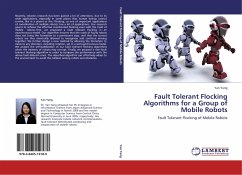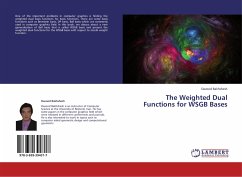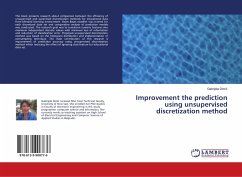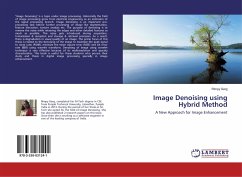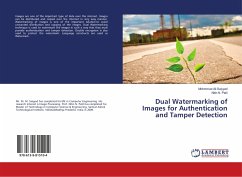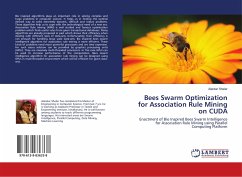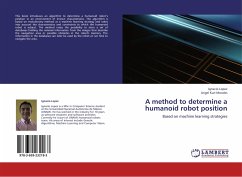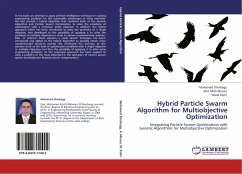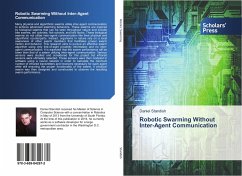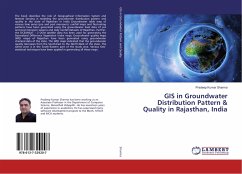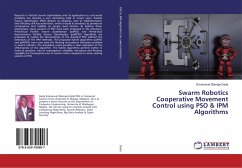
Swarm Robotics Cooperative Movement Control using PSO & IPM Algorithms
Versandkostenfrei!
Versandfertig in 6-10 Tagen
53,99 €
inkl. MwSt.

PAYBACK Punkte
27 °P sammeln!
Research in Particle Swarm Optimisation and its applications to real world problems has become a very interesting field in recent years. Particle Swarm Optimisation (PSO) despite its simplicity, ease of implementation and efficiency still has some flaws, which include its tendency to premature convergence and inability to escape local minima. To address these weaknesses, many variants of PSO have been proposed in the literature. Primal-Dual Particle Swarm Optimisation (pdPSO) and Primal-Dual Asynchronous Particle Swarm Optimisation (pdAPSO) algorithms are proposed to resolve the shortcomings o...
Research in Particle Swarm Optimisation and its applications to real world problems has become a very interesting field in recent years. Particle Swarm Optimisation (PSO) despite its simplicity, ease of implementation and efficiency still has some flaws, which include its tendency to premature convergence and inability to escape local minima. To address these weaknesses, many variants of PSO have been proposed in the literature. Primal-Dual Particle Swarm Optimisation (pdPSO) and Primal-Dual Asynchronous Particle Swarm Optimisation (pdAPSO) algorithms are proposed to resolve the shortcomings of the standard PSO without the limitations of the IPM methods. The proposed hybrid algorithms (pdPSO and pdAPSO) were used solve the flocking and pattern formation problem in swarm robotics. The simulation result provides a clear indication of the effectiveness of the algorithm. The hybrid algorithms perform better in terms of precision, rate of convergence, reliability, robustness and flocking capability for homogenous set of swarm robots compared to some existing variants of PSO.



